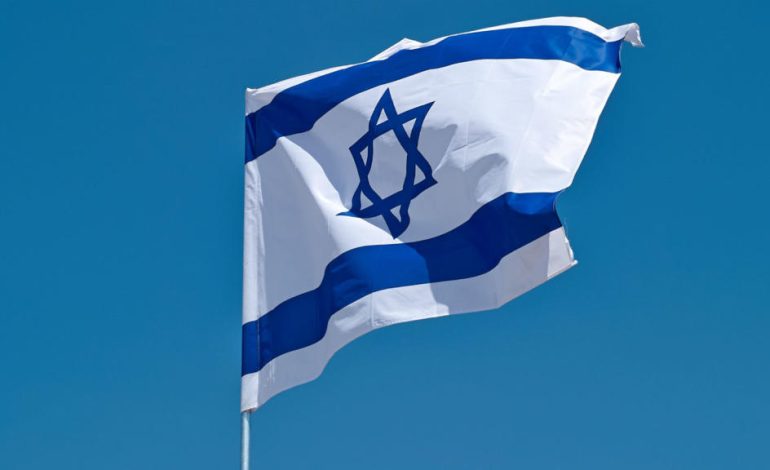Israel Vows To Retaliate Iran’s Attack

The govt of Israel on Wednesday, threatened to retaliate after Iran fired a barrage of missiles at its territory, with Tehran warning it would hit “all infrastructure” in Israel if it comes under attack.
Israel vowed it would make Iran “pay” after the attack late Tuesday, which saw most of the missiles intercepted and pledged to immediately strike “the Middle East powerfully”.
President Joe Biden said the United States was “fully supportive” of Israel after the missile attack, adding that he would discuss a response with Israeli Prime Minister Benjamin Netanyahu.
Asked by reporters what the response towards Iran would be, Biden replied: “That’s in active discussion right now.”
Iranian state media reported 200 missiles had been fired at Israel including hypersonic weapons for the first time, which the Revolutionary Guards said had targeted “three military bases” around Tel Aviv and others elsewhere.
Iran’s Foreign Minister Abbas Araghchi posted on social media platform X that Tehran’s “action is concluded unless the Israeli regime decides to invite further retaliation”.
The Revolutionary Guards earlier said the attack was in response to Israel’s killing of Hezbollah leader Hassan Nasrallah last week as well as the death of Hamas leader Ismail Haniyeh in a Tehran bombing widely blamed on Israel.
Israeli medics reported two people lightly injured by shrapnel. In the occupied West Bank, a Palestinian was killed in Jericho “when pieces of a rocket fell from the sky and hit him”, the city’s governor, Hussein Hamayel, told AFP.
It was Iran’s second direct attack on Israel after a missile and drone attack in April in response to a deadly Israeli air strike on the Iranian consulate in Damascus.
Meanwhile, US Defense Secretary Lloyd Austin slammed an “outrageous act of aggression” by Iran, while Biden’s National Security Advisor Jake Sullivan told reporters there would be “severe consequences”.
Netanyahu said: “Iran made a big mistake tonight and will pay for it.”
Iran reacted by threatening to fire “with bigger intensity” if its territory is attacked, with Major General Mohammad Bagheri warning Tehran would target “all infrastructure” in Israel.
Following the missile barrage, Israeli military spokesman Rear Admiral Daniel Hagari vowed to act against Iran.
The air force “will continue to strike (tonight) in the Middle East powerfully,” he said.
READ ALSO
●Iran Launches Attack, Fires Missiles At Israel
●How Isreal Killed Hassan Nasrallah – Hezbollah
The military subsequently announced it was bombarding Hezbollah targets in Beirut, with a Lebanese security source telling AFP that Israel had hit the city’s southern suburbs at least five times overnight.
UN chief Antonio Guterres led international calls to stem the “broadening conflict in the Middle East”, saying in a statement: “This must stop. We absolutely need a ceasefire.”
While Iran-backed groups across the region had already been drawn into the Gaza war, sparked by Palestinian group Hamas’s October 7 attack on Israel, Tehran had largely refrained from direct attacks on its regional foe.
Iranian President Masoud Pezeshkian said his country had exercised its “legitimate rights” and dealt “a decisive response… to the Zionist regime’s aggression”.
Israel, Iraq and Jordan — which lie between Iran and Israel — closed their airspace, as did Lebanon before reopening.
AFP

Kazeem Badmus is a graduate of Mass Communication with years of experience. A professional in journalism and media writing, Kazeem prioritses accuracy and factual reportage of issues. He is also a dexterous finder of the truth with conscious delivery of unbiased and development oriented stories.









